Flintshire public toilets: Call to offer rates cut to local firms
- Published
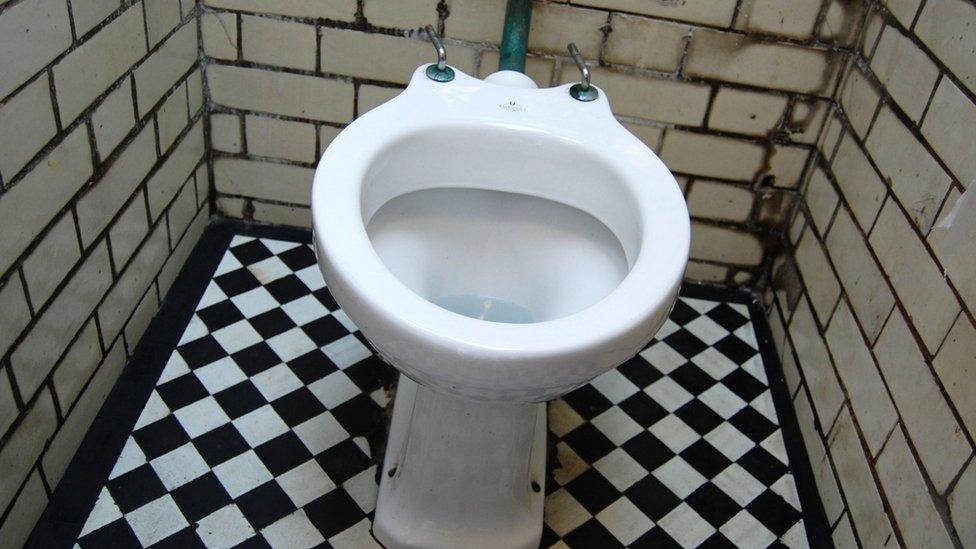
Local councils in Wales have been asked to draw up a strategy for public toilets
Shops and cafes in Flintshire could be offered a cut in business rates if they open their toilets to the public.
The authority runs just four toilets following closures prompted by budget cuts and anti-social behaviour.
Chris Bithell told cabinet colleagues incentives were needed for businesses to offer the use of their facilities.
He said closing toilets was a backward step for local government, since public sanitation was one of the reasons for its creation in Victorian times.
Flintshire's ruling Labour group had been discussing the results of consultation on a public toilet strategy, which the Welsh Government has asked all councils to submit by the end of May.
The council runs two public toilets in Mold, one in Holywell and one in Talacre, according to the Local Democracy Reporting Service.
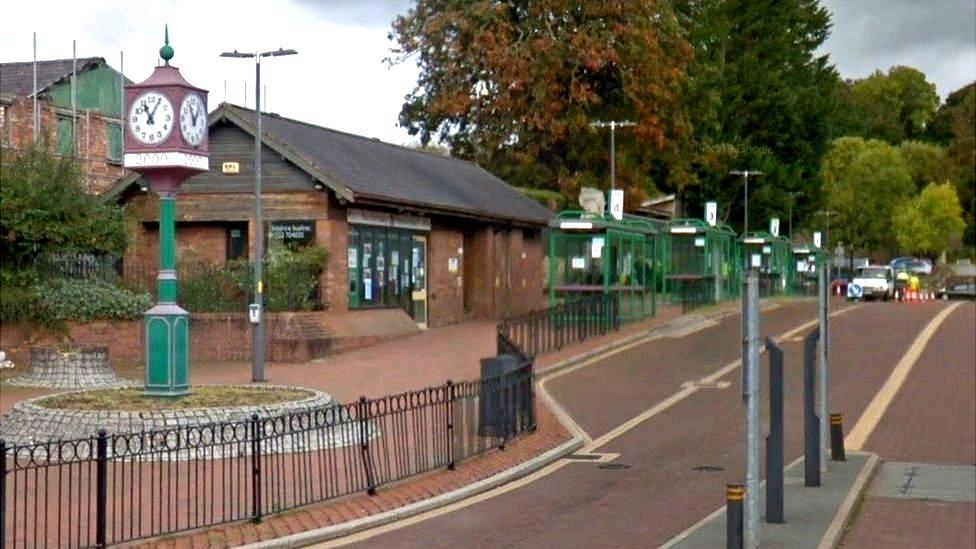
Mold bus station is one of four locations where Flintshire maintains public toilets
However, the authority also encourages people to use other facilities in council buildings such as libraries and its Flintshire Connects centres.
"One of the reasons local government was established in the first place in the 19th Century was for public health, to stop people urinating and defecating in the streets," Mr Bithell, cabinet member for planning, told the Labour cabinet.
"We're going backwards in time, and the actions we take must be seen to be promoting our towns, and here we are closing down toilets."
Campaign groups such as the British Toilet Association have called for action to stem the loss of public conveniences across the UK in recent years, with concerns particularly for elderly people and those with disabilities.
Chief executive Colin Everett said he would lobby officials in Cardiff for business rate incentives, claiming it would be a "minor" reduction in revenue.
A Welsh Government spokesperson said it was providing an additional £2.4m to local authorities this year to give discretionary rates relief "to local businesses and other retailers where it will have the most impact locally".
- Published19 November 2016
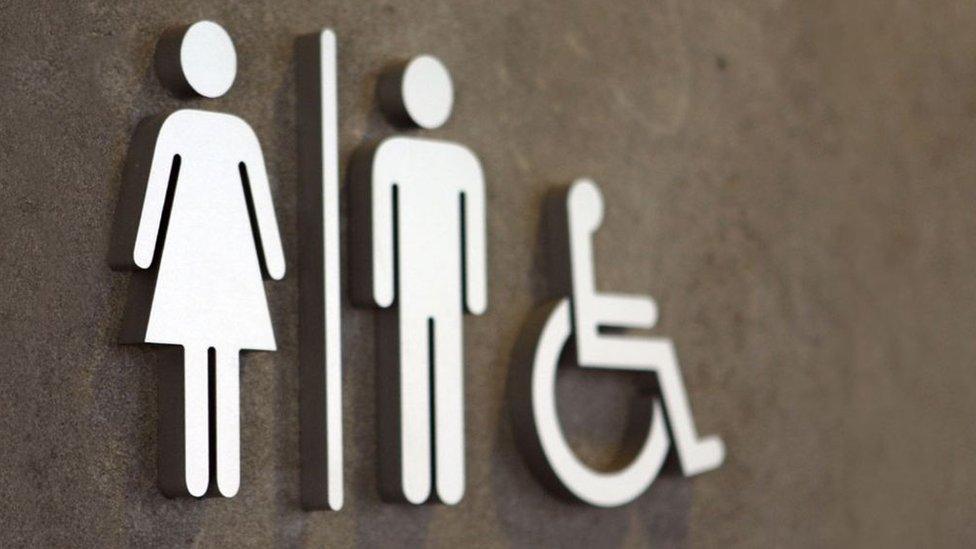
- Published15 August 2018
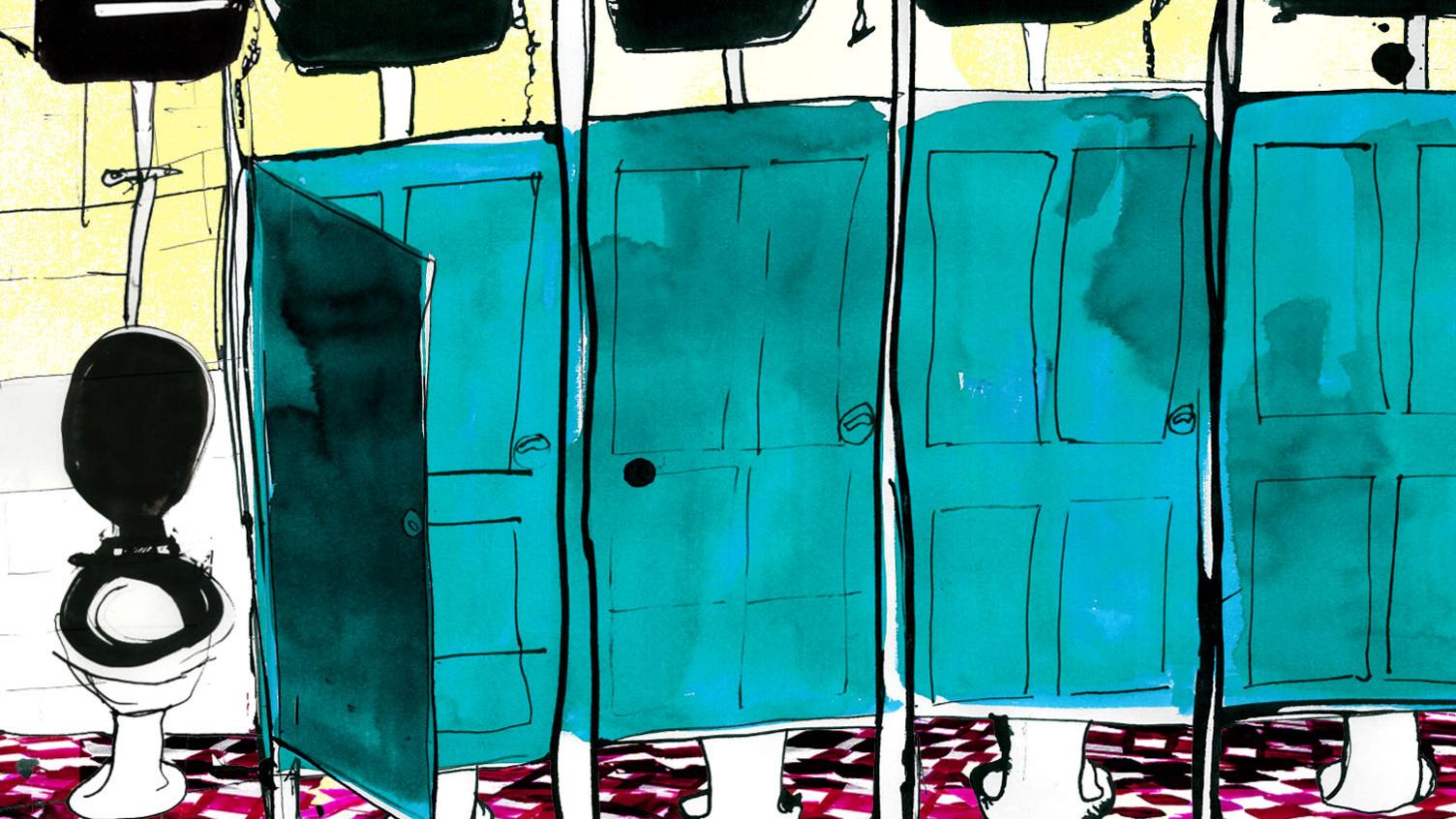
- Published31 May 2018
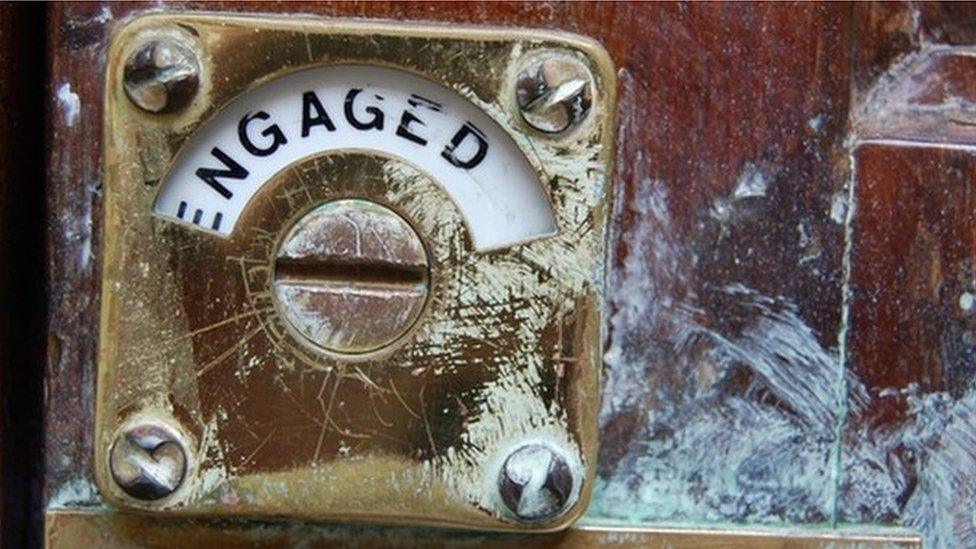
- Published7 November 2016
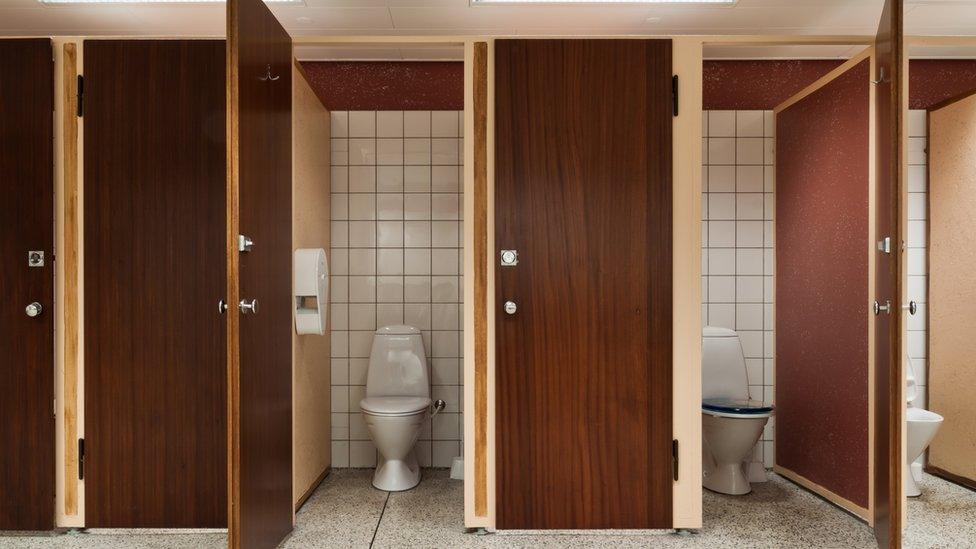
- Published3 March 2011